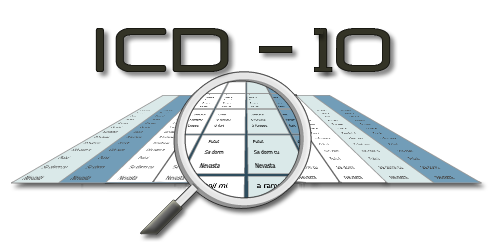Obesity is a condition characterized with having excessive body fat as compared to the recommended body fat of a normal and healthy person. The condition is attributed to the accumulation of excessive body fats in the body. The amount of body fat concerns both the distribution of the fat in the body and the size of the adipose tissue deposits. It's treatment involves Obesity Counseling, Excessive, Diet Plan and sometimes Obesity Treatment Drugs depending upon situation.
Obesity occurs overtime attributed to the ingestion of too much calories from time to time. Some of the other causes of obesity include hereditary factors and a state of not being physically active.
Morbid obesity is a commonly used term used to refer to patients whose body weight is between 50-100% and 100 pounds more than the normal body weight. Obese patients are normally identified with a body mass index of 39. Obesity has been found to cause complicated pregnancies childbirth and puerperium.
With the new changes in the health industry obesity as a medical condition has been classified in chapter IV of the International Statistical classification of diseases and related health problems.
Increase in body weight can be attributed to many factor depending on one’s way of life. ICD-10 Code E66.1 will be used to refer to drug induced forms of obesity mostly related to caloric excess in the body. This type of obesity can result from reduced rates of metabolism which are required for the burning down of fats in the body. This type of obesity can lead to severe health conditions such as heart diseases strokes and high blood pressure.
Drug induced obesity with certain anti-diabetic drugs such as thiazolidinedione’s, this mainly causes many diabetic patients to become obese with time.
E66.2 will be used for high obesity with Alveolar Hypoventilation which is a condition for extreme levels of obesity mostly known to cause shortness of breath in many patients. This type of obesity becomes worse when one is sleeping and during periods of Apnea, this type of disease is also characterized with the coloration of the skin due to lack of enough supply of oxygen in the body and lethargy.
Obesity also comes in simple forms that can be easily controlled by controlling the amount of calories ingested in any given day. E66.9 will thus be used in this case. This type of obesity does not come with any form of complication and mostly caused by eating habits.
Obesity occurs overtime attributed to the ingestion of too much calories from time to time. Some of the other causes of obesity include hereditary factors and a state of not being physically active.
Obesity Coding and Reimbursement Guidelines
The health care industry is soon shifting from ICD-9 to ICD-10 essentially meaning a change in the coding process of obesity as a medical condition.Morbid obesity is a commonly used term used to refer to patients whose body weight is between 50-100% and 100 pounds more than the normal body weight. Obese patients are normally identified with a body mass index of 39. Obesity has been found to cause complicated pregnancies childbirth and puerperium.
With the new changes in the health industry obesity as a medical condition has been classified in chapter IV of the International Statistical classification of diseases and related health problems.
ICD-10 Obesity Codes for Billing
The main codes that will be used for the purposes of coding obesity in ICD-10 are listed below:- ICD-10 Code E66.1 Obesity induced by the use of drugs
- ICD-10 Code E66.2 Extreme obesity with alveolar hypoventilation
- ICD-10 Code E66.8 Morbid Obesity
- ICD-10 Code E66.9 Unspecified Obesity (Simple obesity NOS)
Increase in body weight can be attributed to many factor depending on one’s way of life. ICD-10 Code E66.1 will be used to refer to drug induced forms of obesity mostly related to caloric excess in the body. This type of obesity can result from reduced rates of metabolism which are required for the burning down of fats in the body. This type of obesity can lead to severe health conditions such as heart diseases strokes and high blood pressure.
Drug induced obesity with certain anti-diabetic drugs such as thiazolidinedione’s, this mainly causes many diabetic patients to become obese with time.
E66.2 will be used for high obesity with Alveolar Hypoventilation which is a condition for extreme levels of obesity mostly known to cause shortness of breath in many patients. This type of obesity becomes worse when one is sleeping and during periods of Apnea, this type of disease is also characterized with the coloration of the skin due to lack of enough supply of oxygen in the body and lethargy.
Obesity also comes in simple forms that can be easily controlled by controlling the amount of calories ingested in any given day. E66.9 will thus be used in this case. This type of obesity does not come with any form of complication and mostly caused by eating habits.


Post a Comment
Webmaster reserves the rights to edit/remove comments that is found irrelevant, offensive, contain profanity, serves as spam or attempts to harbor irrelevant links. Please read our Comments Policy for details.